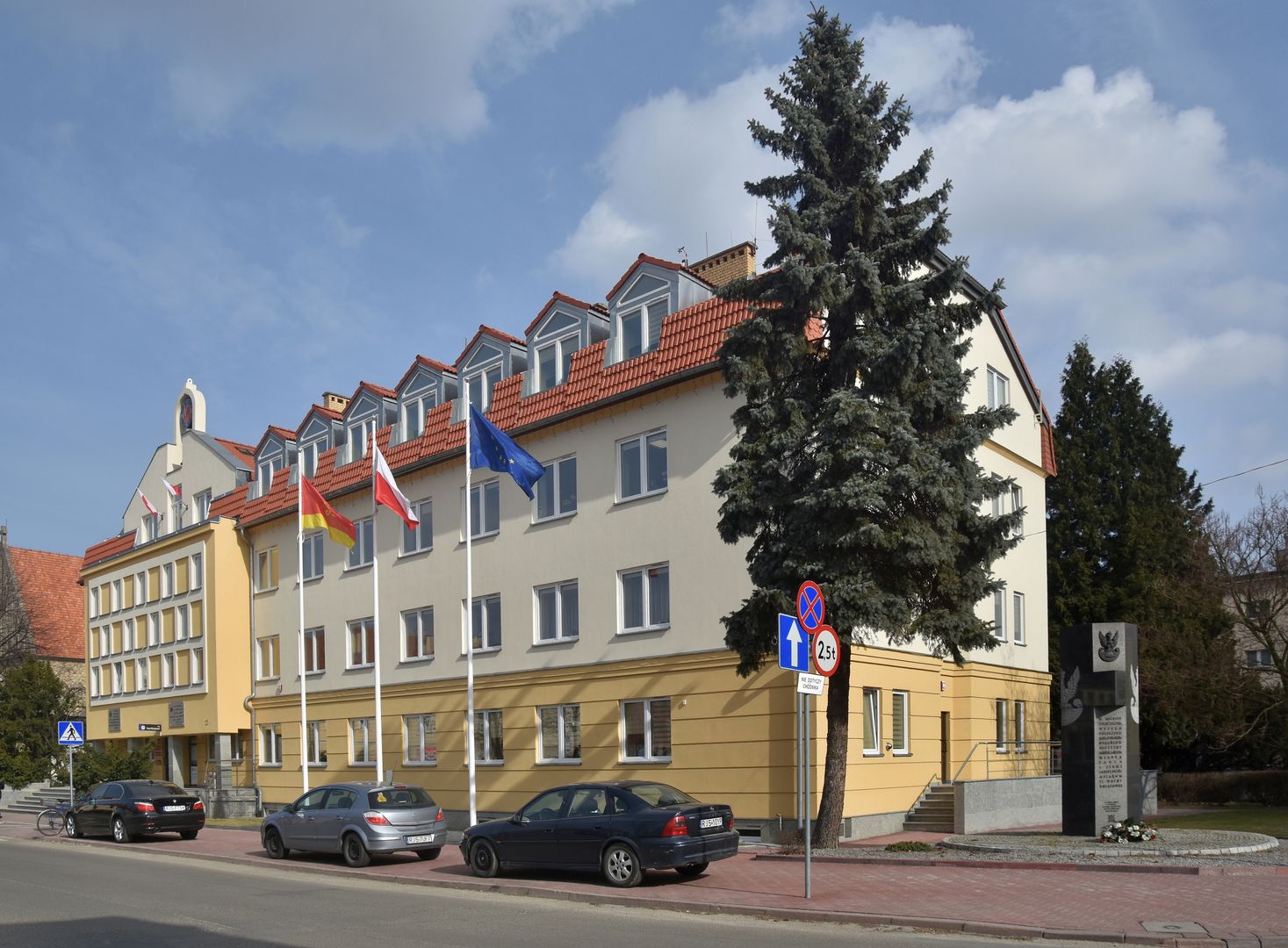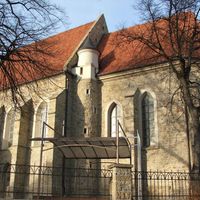Jasło
7.24

Overview
Jasło is a city located in southeastern Poland, in the Podkarpackie Voivodeship, with a rich history dating back to the Middle Ages. The first mentions of Jasło come from 1262, when the city received fiscal and judicial privileges. In the 14th century, Jasło was granted German town law, which contributed to its economic development. The city suffered significant destruction during wars, including World War II, when it was 97% destroyed. Today, Jasło is often referred to as the "Capital of Polish Wine," hosting annual international wine days. The architecture of Jasło is diverse, with key historical sites including the 15th-century Collegiate Church of the Assumption of the Blessed Virgin Mary, the oldest church in the city, and the Church of St. Stanislaus. Also noteworthy is the Sroczyński Palace, which now houses the Medical School Complex, and a historic park. Jasło is also known for its numerous educational institutions, including the First General Secondary School and the Podkarpacka University of Applied Sciences. In 2009, the renowned archaeological open-air museum "Carpathian Troy" was opened nearby, and the city has its own museums, including the Regional Museum and the Lollipop Museum. Jasło is also characterized by a diversity of religious communities, including Catholic, Pentecostal, and Jehovah's Witnesses. The city collaborates with foreign partners, reflecting its openness to contemporary challenges and cultural development. An interesting fact is that Jasło has the Ikar landing strip, and the city is surrounded by picturesque areas ideal for tourism and outdoor activities.
Location
You can also find here:
2026 Wizytor | All Rights Reserved
